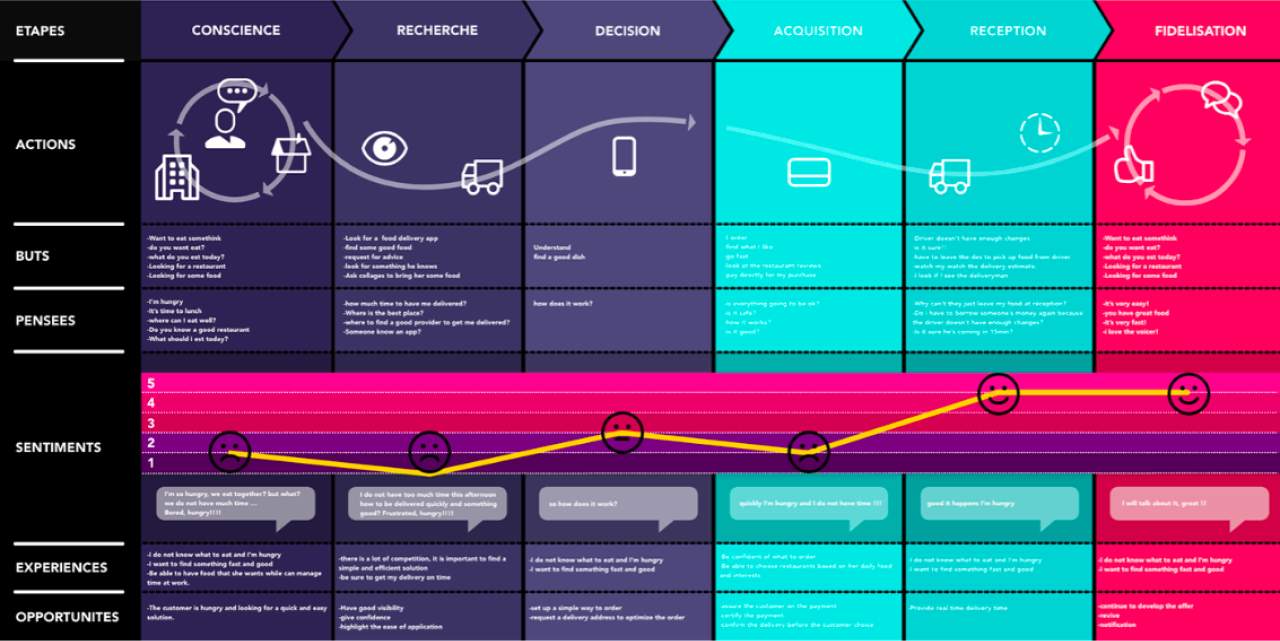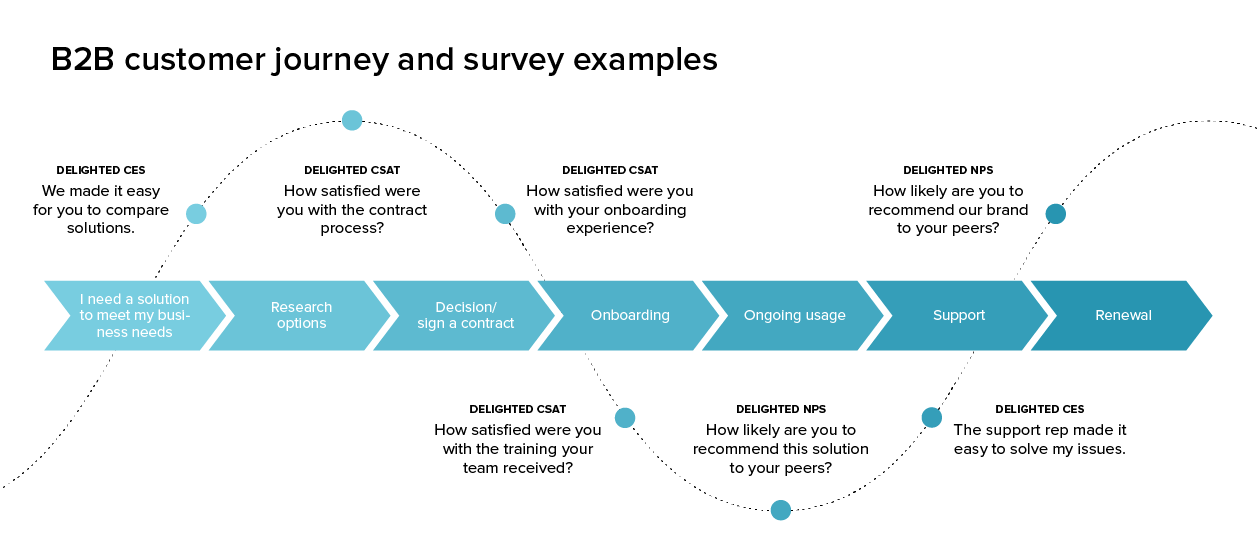The time of business change initiates with the rise of digital marketing. Now that more firms accept this change of a lifetime through a digital transformation, there will always be innovation to the strategic involvement in a means to attract potential consumers. Optimizing digital reach through this area would further make money for those organizations. So read and understand the development of this area.
Why digital marketing transformation is necessary
The concept of digital marketing transformation is far more than adopting the online tool and aligning it to the changing pattern of consumer behavior. Businesses have to look at how to get multiple platforms and harness data analytics and personalize the campaigns for the delivery of value.
• Better Engagement: Personalized content and targeted advertisement enable businesses to engage better with their audience.
• Data-Driven Insights: Advanced analytics give the business proper decisions.
• Cost-Effective Strategies: Digital marketing has better ROI compared to the traditional methods; thus, even smaller businesses can be able to implement the same.
Steps to Adopt the Route of Digital Marketing Transformation
1. Current Strategies: First, one would audit their current marketing strategies, identifying areas where gaps occur.
2. Technology: Adopt the latest tools consisting of AI, automation, and CRM systems to ease marketing functions.
3. Omnichannel Presence– Ensure brand presence is consistent across social media, websites, or even emails.
4. Content Marketing: Very high-quality relevant content, which would have keywords like “digital marketing,” ensures engagement or conversion among the target audience.
5. SEO: An appropriate SEO method with real words of focus, such as “digital marketing,” brings visibility and organic traffic to a website.
Benefits of Digital Marketing Evolution
• Brand Supremacy: Effective SEO and content will make brands superior in search engines.
• Increased Customer Retention: Personalized marketing makes the customer loyal and interacts repeatedly.
• Scalability and Flexibility: Digital tools are very easy to scale up or down depending on market needs.
Conclusion
Digital marketing is not a fad but the need for business to thrive in today’s digital-first world. A holistic strategy will be able to open up the capability of digital marketing transformation to better engagements with customers, ROI, and sustainable growth.
FAQs
Q1. What is digital marketing transformation?
Digital marketing transformation is the way in which companies can integrate digital technologies and strategies in order to make marketing more effective while adjusting according to changing consumer behavior.
Q2. Why are businesses using digital marketing?
Digital marketing is important as it provides ways to reach out to the maximum number of people, communicate effectively, and provide measurable results at lower costs compared with traditional channels.
Q3. Which are some of the ‘must-haves’ in a digital marketing transformation?
Some key tools include AI, automation software, CRM systems, analytics platforms, and social media management tools.
Q4. What are the advantages of digital marketing for small businesses?
Small businesses can use it for cost-effective strategies, targeted advertising, and for building a loyal customer base by using personal engagement.








